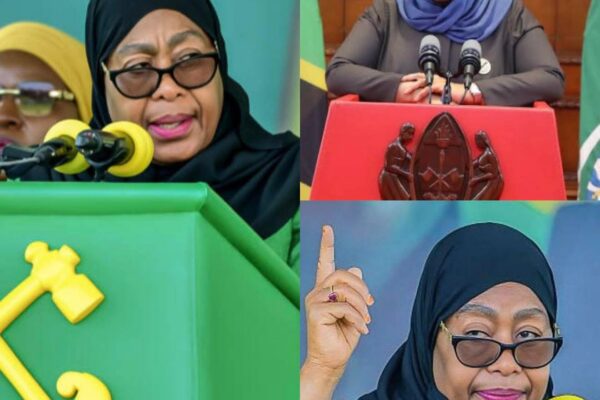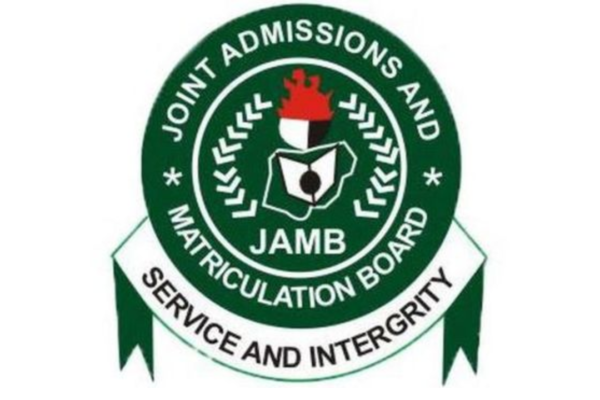
Nigeria to Host G20 Africa Outreach Meeting on Industrialisation and Agriculture
Nigeria will host the G20 Africa Outreach Meeting on Industrialisation and Agriculture on 3 November 2025 at the Transcorp Hilton, Abuja, under the auspices of the G20 South Africa Presidency 2025. The high-level meeting will bring together Ministers, Ambassadors, Development Partners, and Experts from across Africa and the G20 to advance discussions on inclusive growth and sustainable industrialisation on the continent. The event will be co-chaired by Ambassador Bukar Hamman, Nigeria’s G20 Sherpa, and Mr. Ben Joubert, Acting Chief Director for Regional Organisations at South Africa’s Department of International Relations and Cooperation (DIRCO). It will serve as a platform to align Africa’s agro-industrial priorities with global frameworks under the African Continental Free Trade Area (AfCFTA) and the G20 Africa Partnership. Opening Session: Harnessing Agriculture for Industrial Growth In the opening session, H.E. Abubakar Kyari, Nigeria’s Minister of Agriculture and Food Security, will share Nigeria’s national experiences in linking agricultural productivity and food systems with agro-processing industries under the Renewed Hope Agenda. Similarly, Senator John Owan Enoh, Minister of State for Industry, Trade and Investment, will outline how Nigeria’s agro-industrial policy aligns with Africa’s regional transformation agenda and AfCFTA priorities. Opening statements will also be delivered by Mr. Ben Joubert, Ambassador Bukar Hamman, H.E. Salaheddine Abbas Ibrahima, Dean of the Africa Group in Abuja and High Commissioner of Cameroon to Nigeria, and Ambassador Jose Bamoquina Zau, representing the African Union Chair. Collectively, they will underscore the need for Africa to leverage partnerships for sustainable industrialisation and food security. Plenary Discussions: Advancing Africa’s Industrial Competitiveness During the first plenary session, Ms. S. Shange-Buthane of the G20 Presidency will present key outcomes of the G20 Agriculture Working Group and Task Force on Food Security. Ms. Varsha Redkar, UNDP Deputy Resident Representative, will discuss strategies for bridging farm productivity and industrial competitiveness, while Ambassador Philbert Johnson, UNIDO’s Regional Director for West Africa, will highlight Africa’s industrialisation as a “global public good” essential for shared prosperity. The dialogue will feature contributions from G20 members, invited countries, international organisations, regional economic communities, and civil society representatives, each reaffirming their commitment to a cooperative framework for agricultural transformation and industrial value chain integration across Africa. Closing Session: Commitment to Partnership and Action At the close of the meeting, Ambassador Bukar Hamman and Mr. Ben Joubert will present the Chair’s Summary, capturing the deliberations and proposed action points to strengthen Africa’s role in global industrial and food systems. A vote of thanks will be delivered by Professor Bobby Moroe, Acting High Commissioner of South Africa to Nigeria, who will commend Nigeria’s leadership and hospitality in hosting the meeting. The event will conclude with a dinner reception at the Congress Hall, Abuja, symbolising renewed solidarity and shared ambition between Africa and the G20 for a more inclusive and sustainable global economy.








